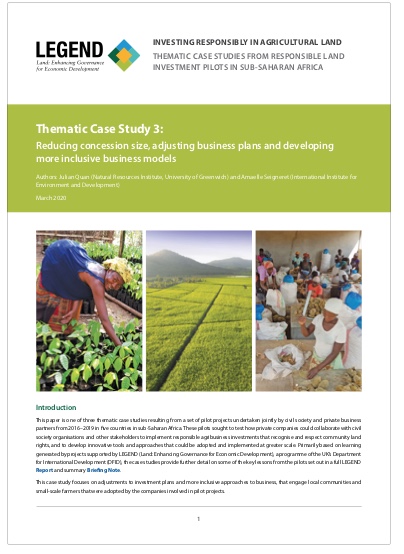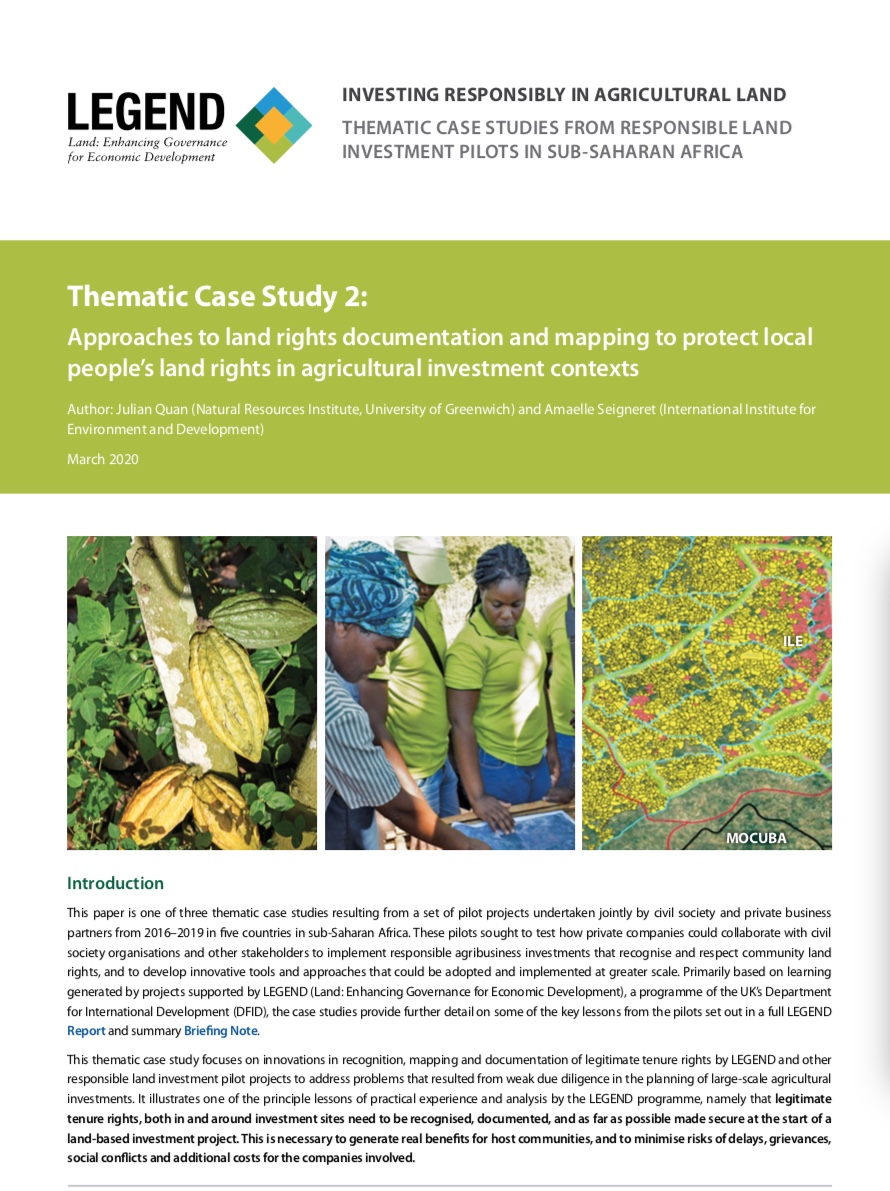Focal point
Location
Mission
Our mission is to build a fairer, more sustainable world, using evidence, action and influence in partnership with others.
Who we are
IIED is one of the world’s most influential international development and environment policy research organisations. Founded in 1971 by economist Barbara Ward, who forged the concept and cause of sustainable development, we work with partners on five continents. We build bridges between policy and practice, rich and poor communities, the government and private sector, and across diverse interest groups. We contribute to many international policy processes and frameworks, including the Intergovernmental Panel on Climate Change, the Millennium Ecosystem Assessment and the UN conventions on climate change and biological diversity.
What we do
IIED carries out research, advice and advocacy work. We carry out action research — generating robust evidence and know-how that is informed by a practical perspective acquired through hands-on research with grassroots partners — and we publish in journals and maintain high research standards. We advise government, business and development agencies, and we argue for changes in public policy. We focus on bottom-up solutions, stay open to flexible, adaptable solutions and are marked by a tradition of challenging conventional wisdom through original thinking.
Resources
Displaying 46 - 50 of 367Land rights and investments: why business standards are not enough
Notes that a record 212 land and environmental defenders were reported killed in 2019 but believes that the real number was certainly higher. Mining;logging and agribusiness were the main drivers of this. States that ‘verifying cases from Africa continues to be difficult. Limited monitoring of the issue by civil society;media repression and localised conflict mean attacks are probably underreported in some regions.Seven were reported killed in DR Congo;Burkina Faso;Uganda;Ghana and Kenya. Makes recommendations to governments;companies and investors.
Understanding the Opportunities and Barriers to Securing Customary Land Title in the Albertine Sub-Region;Uganda
In Kasangulu;a city of about 28,000 people on the outskirts of Kinshasa;the Drones for Land Clarification and the Empowerment of Women project is demonstrating how digital tools and participatory processes can help vulnerable communities formalise and protect their land and property rights;while reducing potential conflicts and modernising land governance systems. The pilot project helped the DRC land administration modernise its land management tools and establish a digital;automated cadastral database for Kasangulu.
Prosperity in place
This report explores how forest and farm producer organisations (FFPOs) can best nurture youth and address youth migration. Youth (15-24 years of age) bring energy and innovation to forest and farm production systems. Of a total global youth population of 1.2 billion, 85% live in developing countries where they make up the mainstay of the rural workforce. Yet, 75% of youth are currently classified as underutilised (unemployed; in irregular or informal jobs; or outside of formal education and training).
Reducing concession size, adjusting business plans and developing more inclusive business models
This paper is one of three thematic case studies resulting from a set of pilot projects undertaken jointly by civil society and private business partners from 2016–2019 in five countries in sub-Saharan Africa. These pilots sought to test how private companies could collaborate with civil society organisations and other stakeholders to implement responsible agribusiness investments that recognise and respect community land rights, and to develop innovative tools and approaches that could be adopted and implemented at greater scale.
Approaches to land rights documentation and mapping to protect local people’s land rights in agricultural investment contexts
This paper is one of three thematic case studies resulting from a set of pilot projects undertaken jointly by civil society and private business partners from 2016–2019 in five countries in sub-Saharan Africa. These pilots sought to test how private companies could collaborate with civil society organisations and other stakeholders to implement responsible agribusiness investments that recognise and respect community land rights, and to develop innovative tools and approaches that could be adopted and implemented at greater scale.







